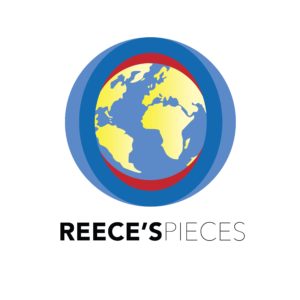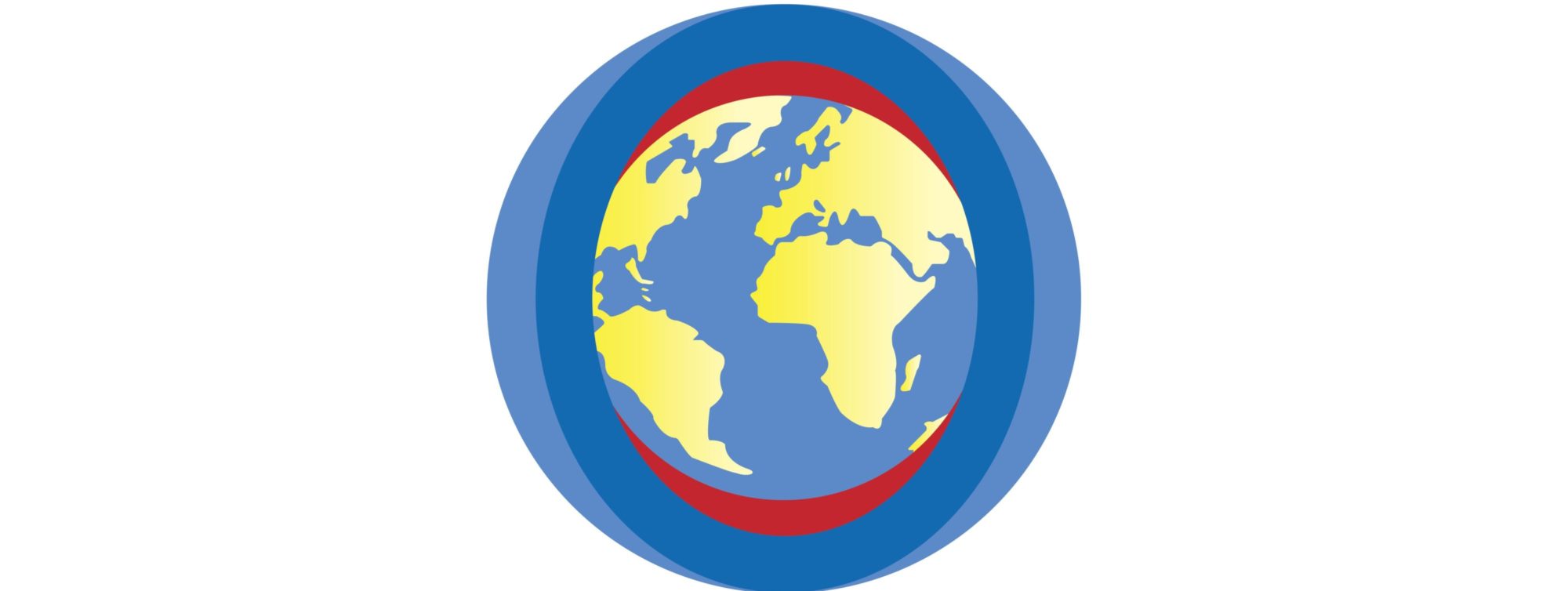Health literacy (ability to read, understand and act on health information) is not he same as literacy (ability to read or write). A person can be proficient in literacy yet lack health literacy. So what is the big deal if a person lacks health literacy? Consequences include difficulty navigating the healthcare system (which we all know is very complicated even for most experienced person), sharing personal information with providers (vital subjective information is missing) and engaging in self care or disease management and inability to understand health related mathematical concepts (i.e. calculating insulin dose). So who is at high risk? Persons with limited English proficiency, poor vision and older age.

So what can we do as healthcare professionals?
- Use plain language – avoid medical jargon (i.e. high blood pressure rather than hypertension)
- When reviewing medications, ask person to bring in their medications, and ask them to identify meds, their purpose and how they are supposed to be taken.
- Use Teach Back Method – ask person to repeat back to you the key information that you shared with them (don’t forget to engage them in the planning and goals – remember they are the team captain)
Now imagine how many medication errors that lead to emergency room visits or death, how health outcomes and quality of life could be improved.


Please share your thoughts and subscribe to receive my blogs.
#health #literacy #action #steps
Follow me on Twitter and Facebook @ReecesPiecesDi and Instagram ReecesPiecesDI.
